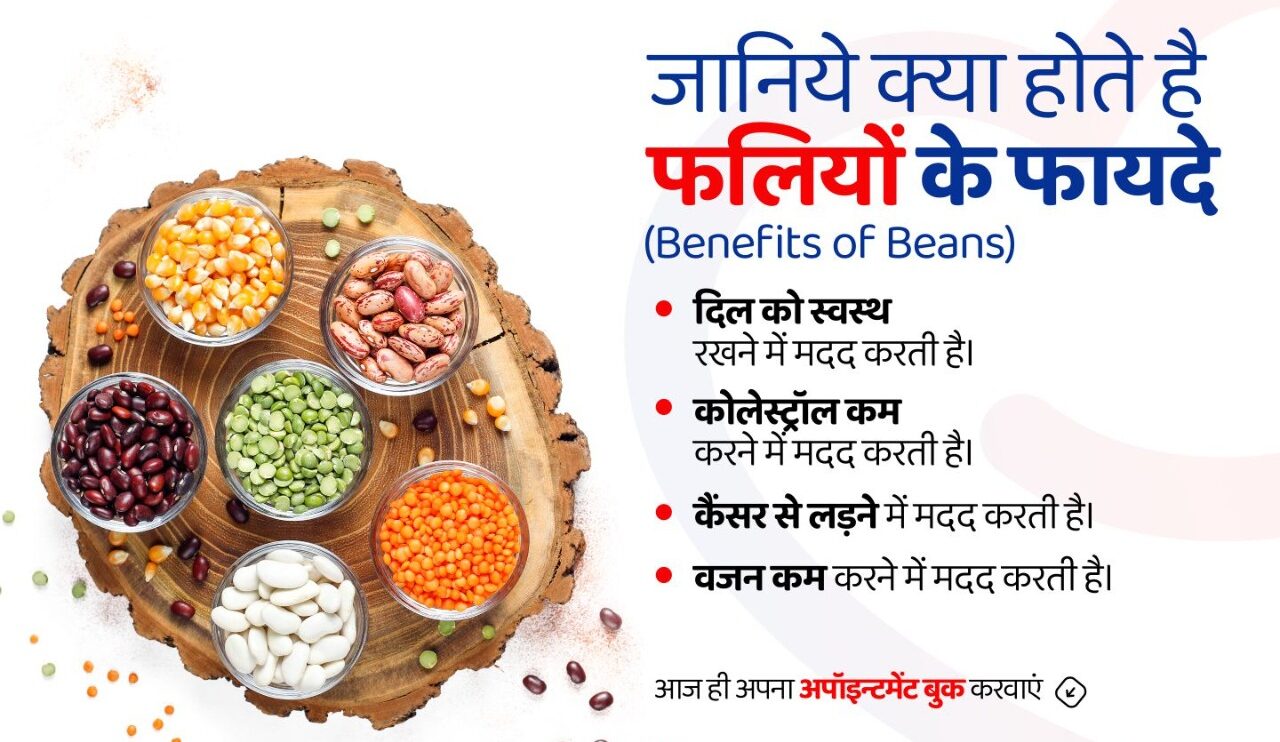Book Appointment Now

Saturated Fat: Clearing The Myths And Facts
Saturated fat: clearing the myths and facts
Heart disease is the main cause of death worldwide, and its frequency has increased sharply in India in recent decades. It has also been observed to afflict Indians of a younger age range. Healthy eating habits and limiting cholesterol consumption in the diet are thought to be major factors in preventing heart disease. Consequently, there has been a lot of debate about cholesterol intake in the diet and the use of cholesterol-lowering medications (statins) to avoid heart disease. As a result, many people throw caution to the wind and began eating all kinds of fried foods, as well as discontinuing statin prescriptions. It is anticipated that quitting therapy without consulting a physician will result in an additional 2000 heart attacks and strokes in the United Kingdom alone. This essay is intended to put an end to the debate.
Saturated fats were dubbed “bad fats” because they were believed to be unhealthy for the heart. However, new research has raised the debate about whether they’re actually that harmful or not. According to research, eating more fat and less refined sweets and carbohydrates (such as sugar, jaggery, fruit juices, maida, and white rice) may actually protect us. In the amounts taken by most people, saturated fats are not dangerous. Studies reveal that fat doesn’t hurt as much as it is assumed to, contrary to the advice of the AHA and other advisory groups
A food’s health quotient cannot be determined solely by the number of grammes of fat it contains; rather, it should be evaluated on a food-by-food basis. It’s not just about the fat grammes or the type of food; it’s also about how the meal is prepared.
In fact, the continuous heating of oil in Indian cuisine is particularly unhealthy since it changes beneficial fats into Trans fats, which can be harmful to the body. So far, studies and research have focused on the effects of saturated fats on LDL cholesterol, which is considered to be a major risk factor for heart disease. When saturated fat consumption is compared to heart disease, however, an inverse association is discovered (instead of the surrogate endpoint of LDL). The lower the prevalence of heart disease, the more saturated fat can be consumed within reason!
Our bodies require saturated fats for good operation, just as they require some cholesterol. Cholesterol aids in the formation of cell membranes, the interaction of proteins within cells, cell signal regulation, and other biological activities. Saturated fats assist the body in tasks such as cell wall formation, mineral absorption, and the conversion of beta-carotene to vitamin A.
To attain the expected quantity of calories, we eat more carbohydrates when we eat low-fat foods. Saturated fat replacement with carbs, refined starch, or sugar may actually increase a person’s risk of heart disease. When determining how heart-healthy a food is, it is critical to include variables other than fat. Processed low-fat meat, for instance, is not heart-healthy. It’s important to look at whole food groups as well as individual nutrients. Although the study suggests that saturated fats aren’t as hazardous as previously assumed, it’s still a good idea to take extra precautions to protect your heart.
Maintain a healthy body weight by exercising for around half an hour every day.
Consult your doctor if you think you could be at risk for heart disease. Check your blood pressure and cholesterol levels regularly.
What other factors could play a role in heart disease if saturated fat isn’t a major factor? Other variables that can impair heart health include obesity, heredity, sedentary lifestyles, diabetes, and high blood pressure. A bad diet is a trigger, but it isn’t the only one.
